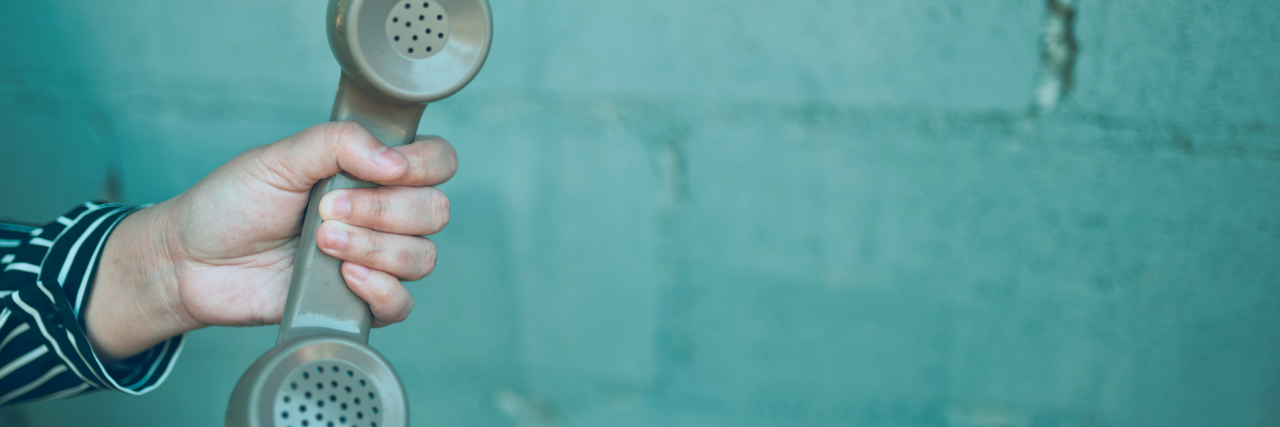President Trump Signs Bill That Could Brings Us a Step Closer to a 3-Digit Suicide Prevention Lifeline
Update: The National Suicide Hotline Improvement Act was signed by President Trump on Aug. 14. This law does not create a 3-digit code, but will instead allow the Federal Communications Commission and Substance Abuse and Mental Health Services Administration to study the efficacy of a 3-digit code and provide recommendations for the hotline.
A bill to change the National Suicide Prevention Lifeline number to a 3-digit code is making its way through Congress. The bill, known as the National Suicide Hotline Improvement Act, has bipartisan support.
The number, 800-273-TALK, is not easy to remember, Sen. Orin Hatch (R-UT), said in a statement. Hatch introduced the legislation in May 2017, after meeting with healthcare professionals, parents and community leaders to specifically discuss teen suicide.
“I believe that by making the National Suicide Prevention Lifeline system more user-friendly and accessible, we can save thousands of lives by helping people find the help they need when they need it most,” Hatch said. “Every minute we wait, we leave helpless hundreds of Americans who are struggling with suicidal thoughts.”
The Senate passed a companion bill to the National Suicide Hotline Improvement Act last November. Now, the House version of the bill, sponsored by Rep. Chris Stewart (R-UT), has passed the House and is on its way to the Senate, a representative for Stewart confirmed.
If passed, the Federal Communications Commission (FCC) will conduct a study on the feasibility and impact of a 3-digit code like 911 for suicide prevention. The FCC will also look at how well the national lifeline currently works, including addressing the needs of veterans. The FCC will work with the assistant secretary for the Substance Abuse and Mental Health Services Administration (SAMHSA).
The FCC and SAMHSA will have 180 days to complete the study and report their findings. The report will estimate the costs and potential benefits of switching to a digit code. The report will also include additional recommendations for the national lifeline, which could include increased funding, increased public awareness and improvements to infrastructure and operations of the lifeline.
The legislation is supported by multiple suicide prevention and mental health organizations, including the American Foundation for Suicide Prevention (AFSP) and The Trevor Project.
“We applaud Congress for passing this important legislation that will make it easier for Americans to access free and confidential emotional support if they are in suicidal crisis or emotional distress,” said John Madigan, senior vice president for public policy at AFSP. “The lives of millions of Americans depend on the lifesaving services provided by the National Lifeline.”
When the lifeline started in 2005, its 109 centers answered 20,000 calls. In 2014, the lifeline answered 1.5 million calls through its 165 centers. Recently, the Centers for Disease Control and Prevention published a report that the suicide rate has increased in every state except Nevada. Researchers found that over half of the people who died by suicide in 2015 did not have a known mental health condition, but that other issues like relationship problems, substance abuse, physical health and money issues increased the risk of suicide.
In a previous article, members of The Mighty’s mental health community gave suggestions for how the lifeline could improve. One person said a more memorable phone number would be useful.
Photo via Getty Images/ArisSu

